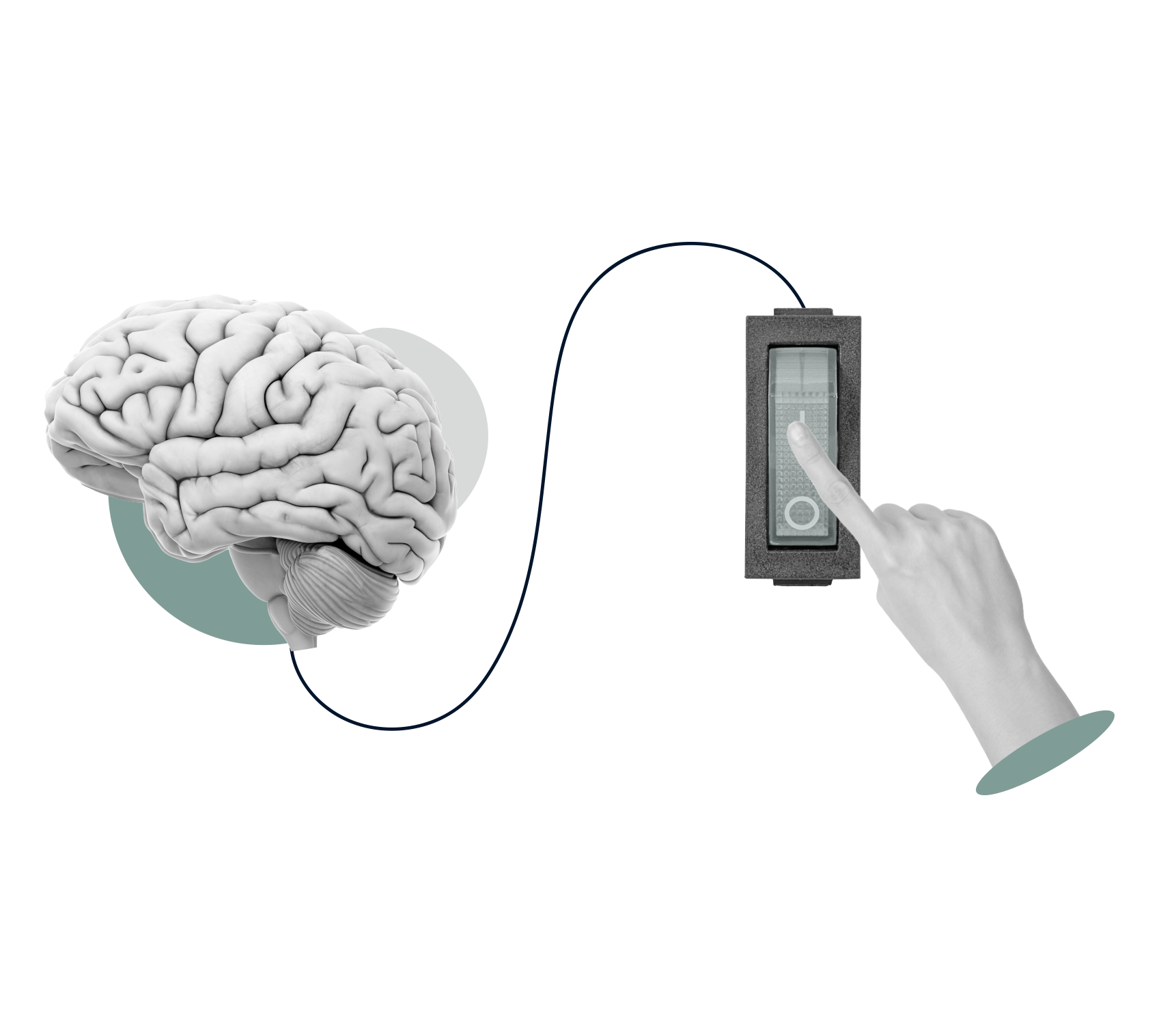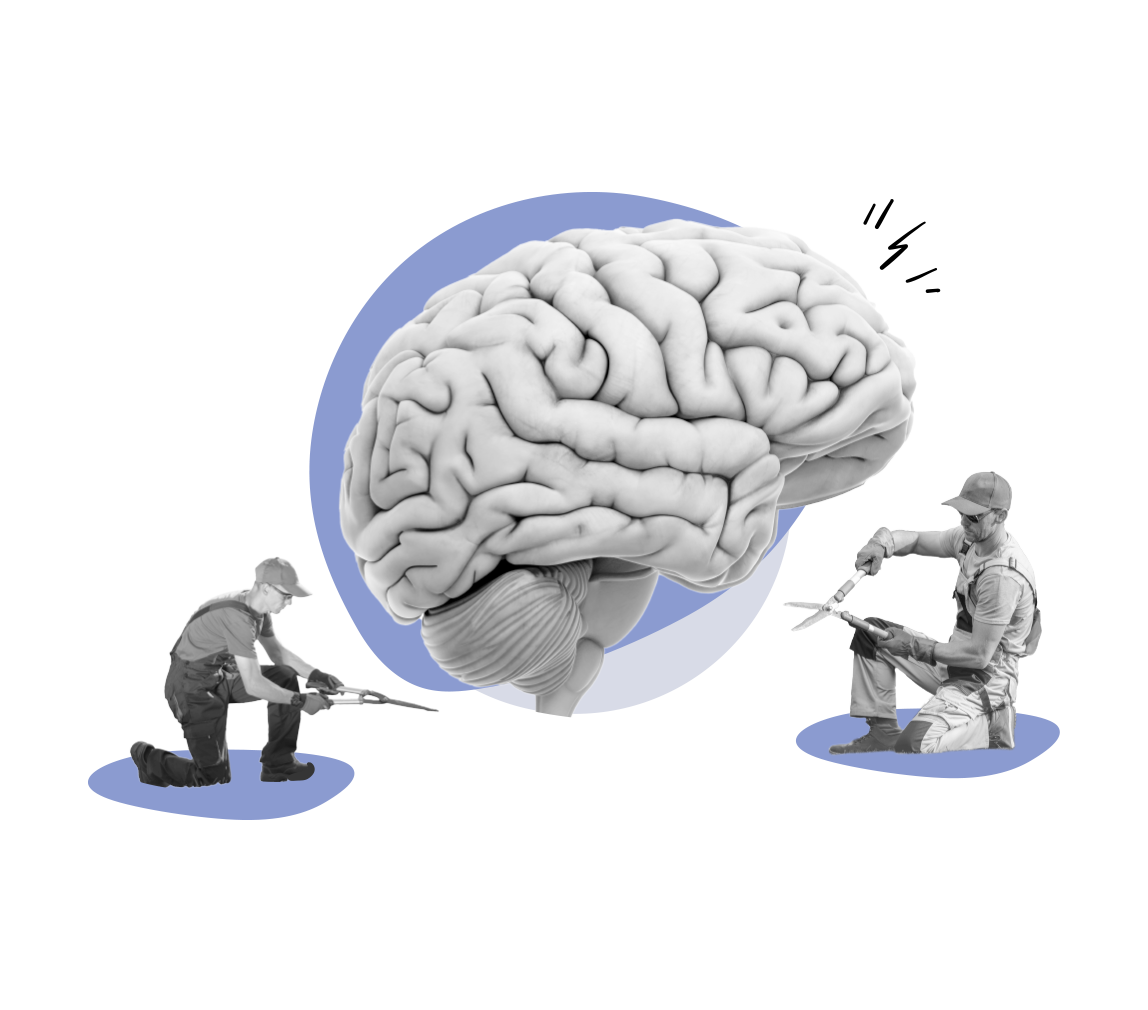Types of headaches and how to tell them apart

While we all tend to call any pain in the head ‘a headache’, there are actually two types: primary and secondary headaches. Here’s how to tell them apart.
Headaches are really common, yet few of us know much about them. We only know that they hurt and that we’d rather do without them. Understanding our headaches is an important step towards treating them, and the first thing to know is that there are really only two types.
Primary headaches are the problem — they aren’t symptoms of other issues.
Primary headaches include:
Migraines:
- These are severe, throbbing headaches on one side of the head. They can come with or without the warning signs called ‘auras’. Lasting between a couple of hours and a few days, they’re often worsened by activity, light, or sound.
- These are mild to moderately painful and can feel like a tight band squeezing the head. Tension headaches are mostly episodic, they occur once or twice a month, but some can be chronic.
- These are very painful headaches that come every day for weeks or months usually around the same time every year. They don’t last very long individually and there can be long periods of relief between ‘clusters.’
There are a bunch of other primary headaches such as primary cough, thunderclap, and exercise headaches.
Secondary headaches are symptoms of something else happening in the body, perhaps a sinus infection or neck injury.
They’re most often treated by dealing with the underlying issue. These issues include:
- Trauma or injury to the head and neck.
- Disorders associated with blood flow to the brain.
- Disorders affecting the inside of the skull.
- Substance withdrawal.
- Infections.
- Imbalance and inflammation in the body.
- Mental health issues.
- Disorders affecting the eyes, nose, ears, sinuses, teeth, skull, neck, and mouth.
Let us help you with your pain
Lumina pairs you with healthcare providers who have access to the tools and clinically-proven care plans to treat your pain.

